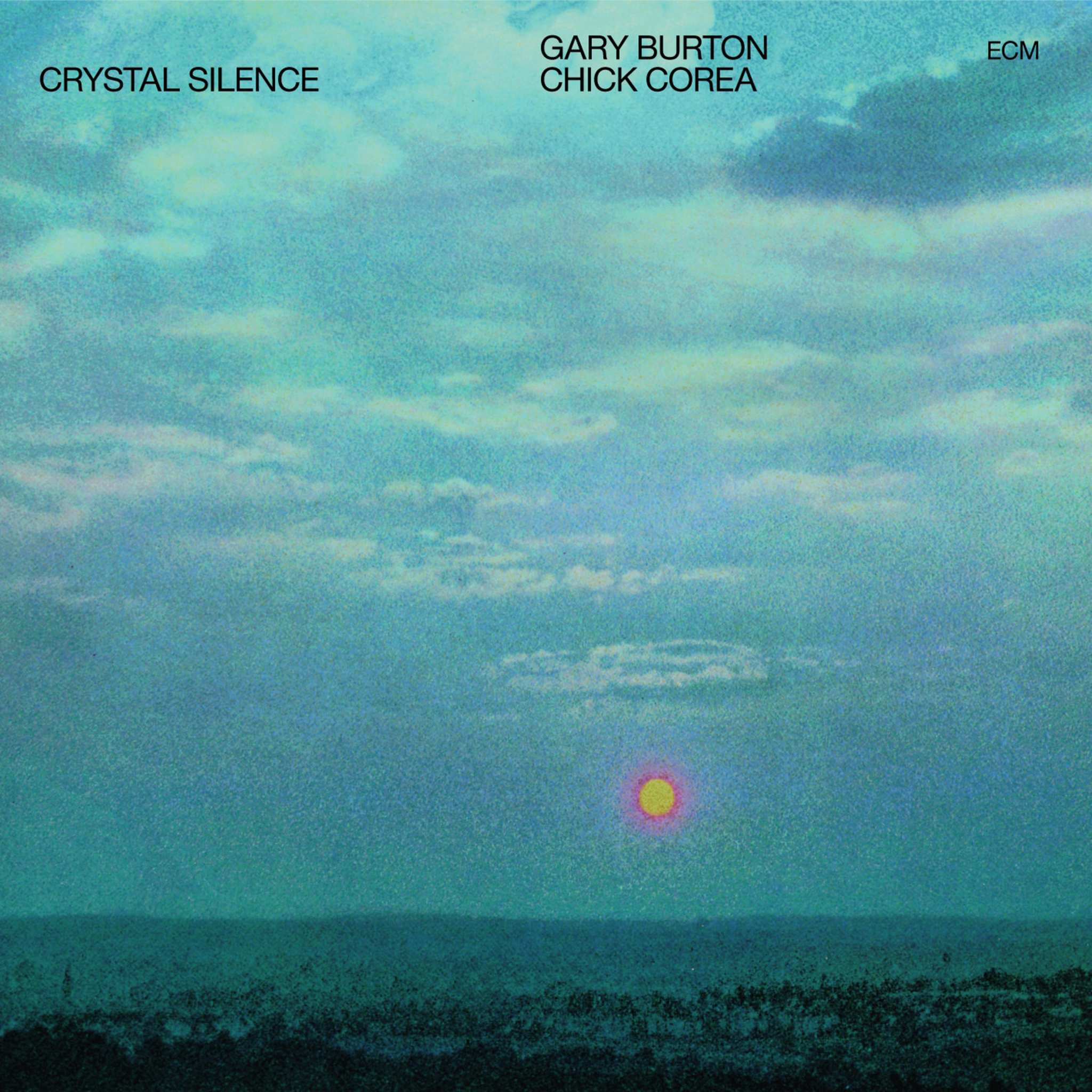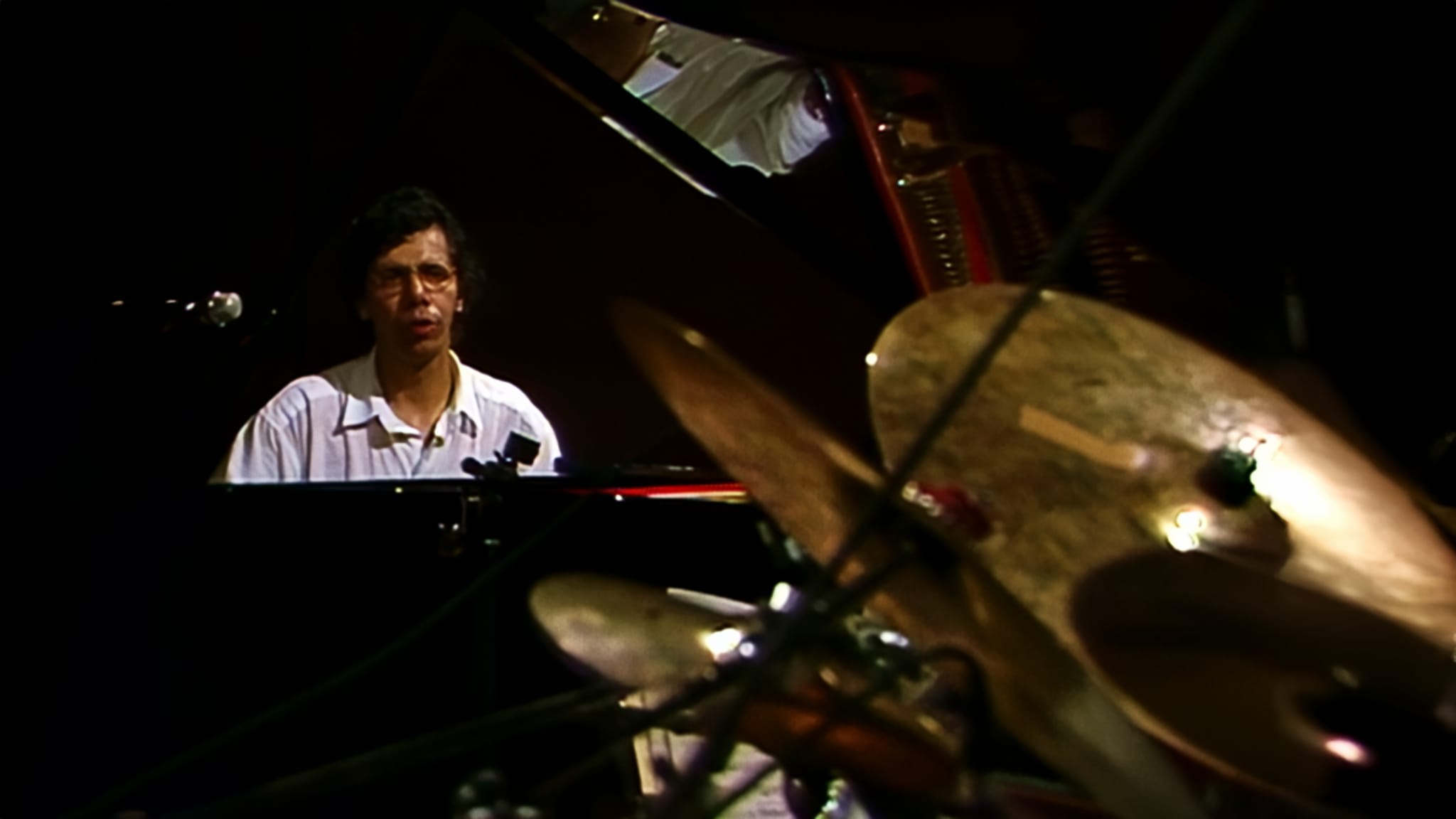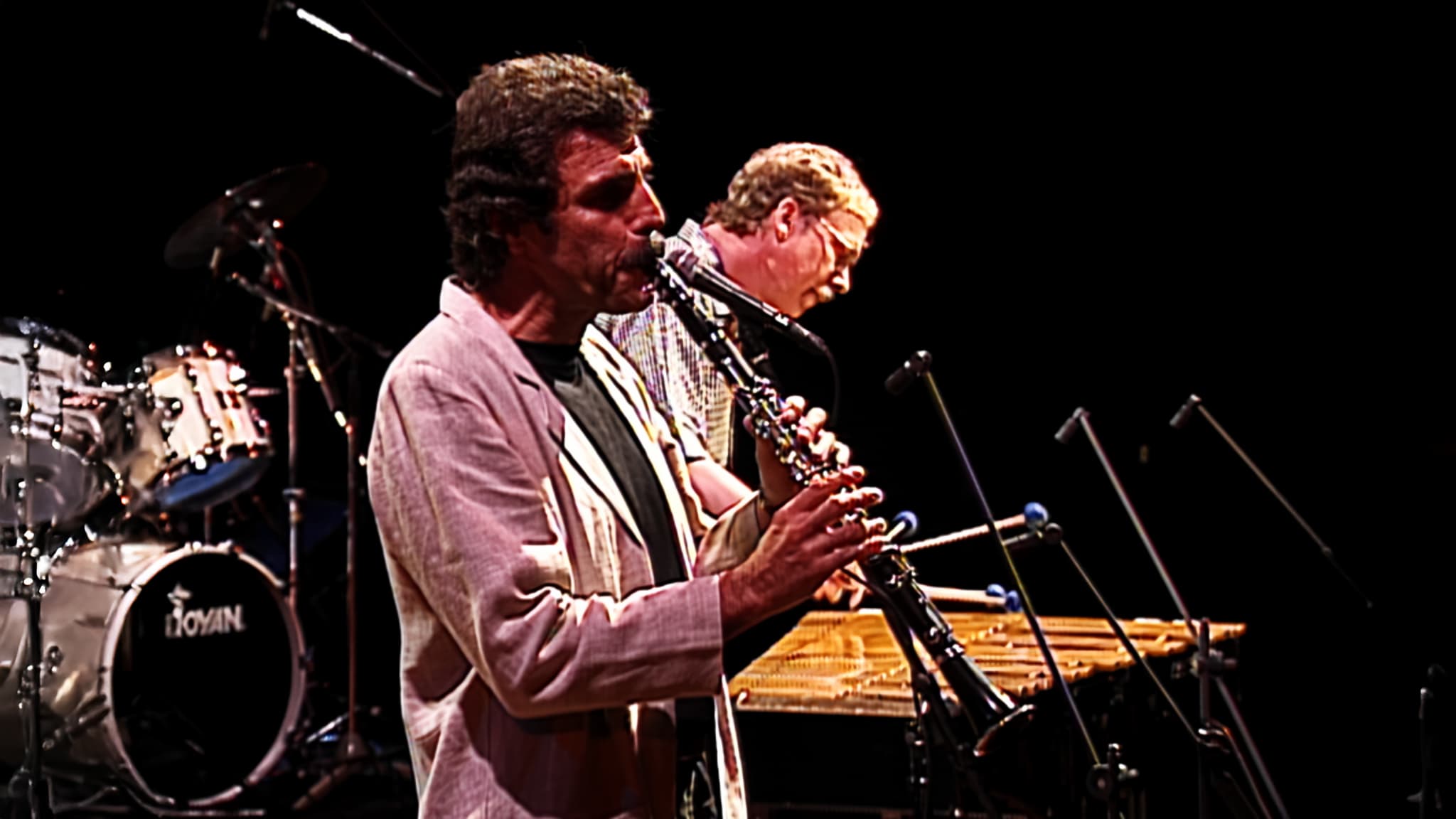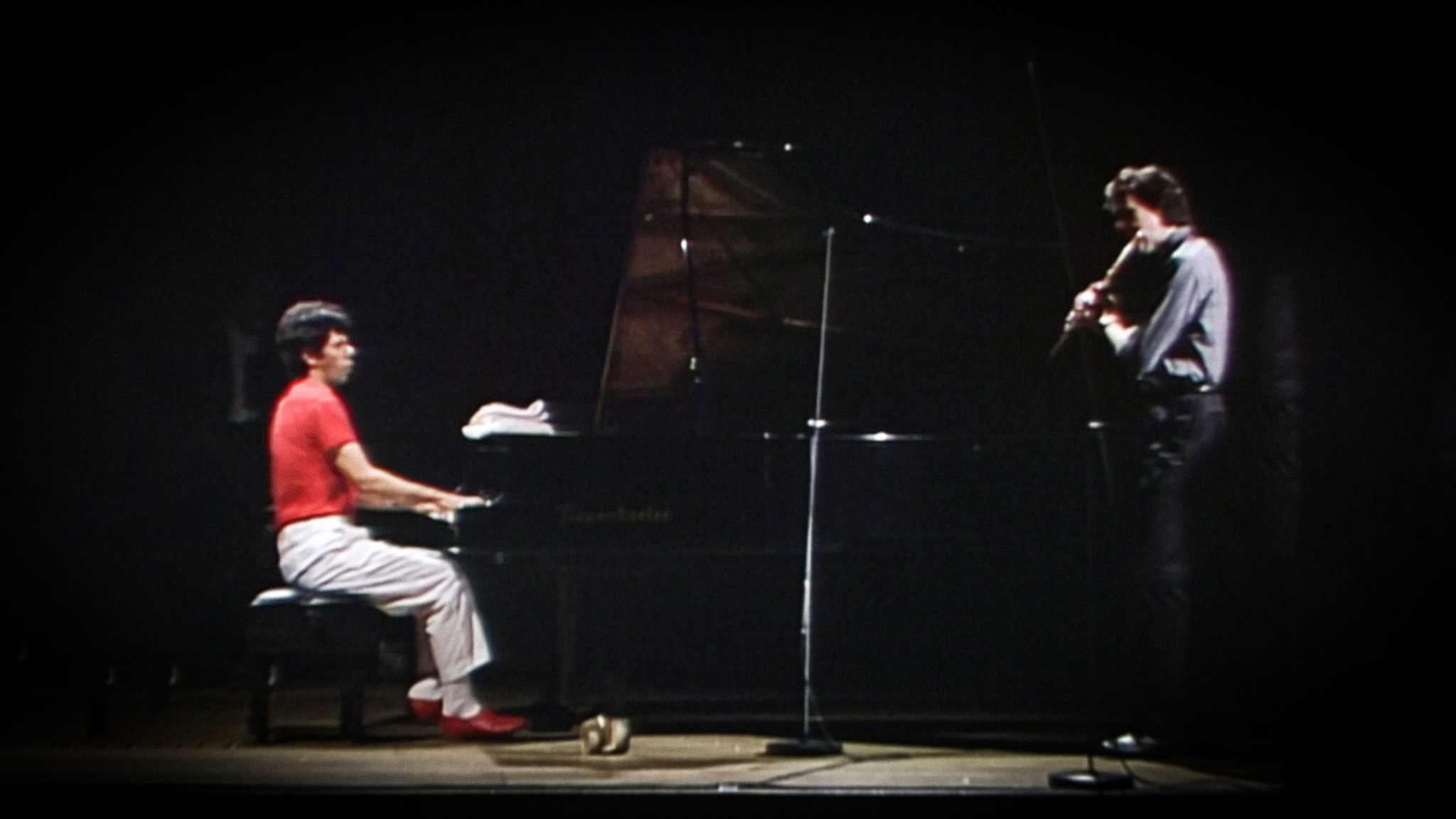Tonträger der "Touchstones"-Kollektion.
"Crystal Silence" begründete eine der beständigsten Kleinformationen des Jazz, die über vier Jahrzehnte aktiv bleiben würde. Bei dieser 1972er Einspielung hoben Gary Burton und Chick Corea, die Produzent Manfred Eicher zusammenbrachte, die Duokunst auf ein neues Niveau. Billboard erkannte scharfsinnig: "Die lyrischen Fähigkeiten beider Künstler werden optimal präsentiert, während das Material einige von Coreas nachhaltigsten Kompositionen umfasst. Die in Oslo entstandene Aufnahme könnte sich zum Klassiker entwickeln, da sie die zarteren, besinnlichen Qualitäten dieser Männer offenbart."










